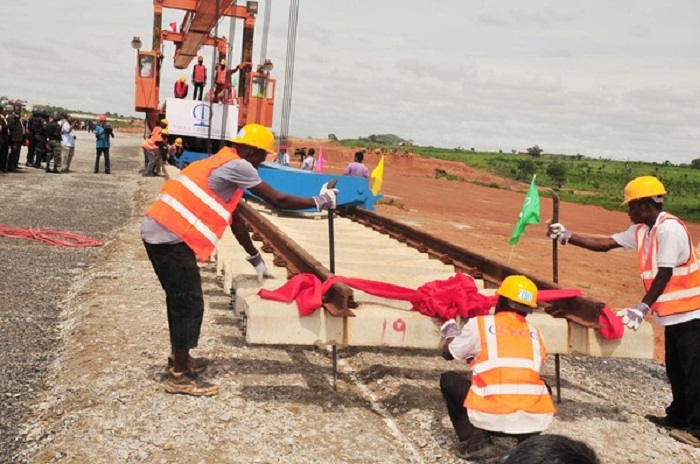Construction of a rail line linking Ethiopia to Sudan is to be funded by the African Development Bank (AfDB) which has approved an approximately US$ 1.2M grant to the government of the Republic of Ethiopia to finance the feasibility study for the construction of a proposed standard-gauge railway (SGR) line linking the East African country to its neighboring Republic of Sudan.
Also Read: ESLSE invites bidders for construction of dry port
The funding for construction of the rail line linking Ethiopia to Sudan will cover approximately 35 percent of the total estimated cost of the study, which is US$ 3.4M. NEPAD Infrastructure Project Preparation Facility (NEPAD-IPPF), a multi-donor Special Fund hosted by the AfDB to support African countries to prepare regional infrastructure projects in energy, transport, ICT and transboundary water, will provide additional US$ 2M grant while the two countries will equally contribute the reminder.
The feasibility study
The 24 months comprehensive feasibility study will evaluate the proposed project’s technical, economic, environmental, and social sustainability, as well as alternative financing arrangements which might include a public-private partnership (PPP).
The future 1,522 kilometers railway line is precisely intended to connect the city of Addis Ababa in Ethiopia and that of Khartoum in Sudan, with an extension to Port Sudan, a port city in eastern Sudan and the capital of the state of Red Sea.
The lack of a regional route linking Ethiopia, Sudan, and other countries in the Horn of Africa, according to a proposal report handed to the AfDB, undermines trade, development, and regional integration in the region.
The project, upon completion, is expected to change the situation through the facilitation of fast, convenient, and cheap movement of goods and people between Sudan and Ethiopia which currently often requires the use of several modes of transport that increases costs and lengthens journey times.
